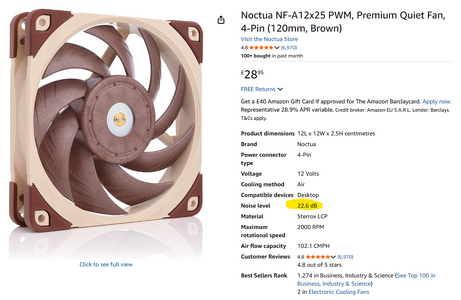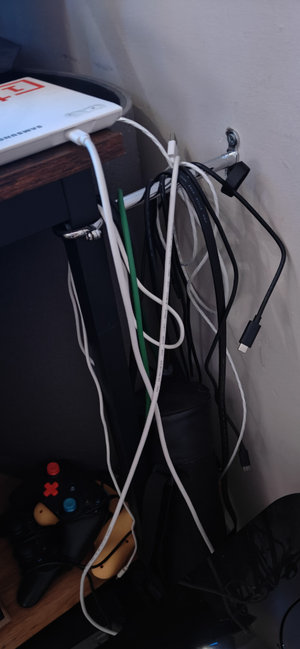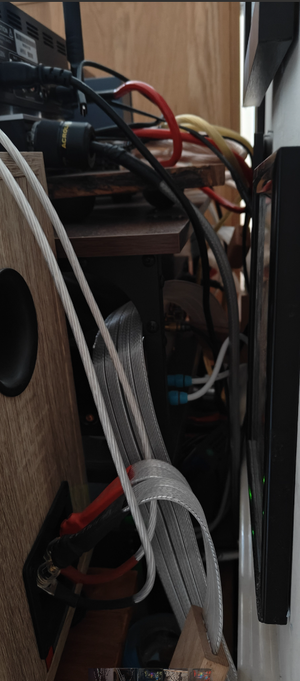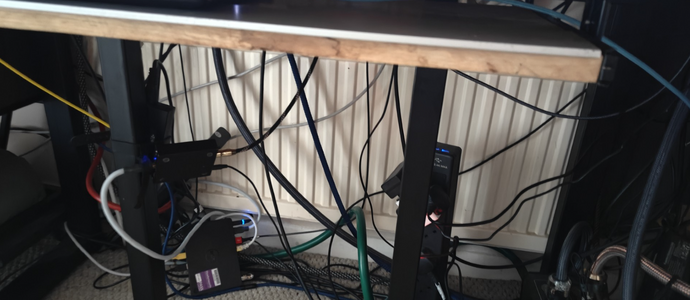Hi everyone,
As a long-time HiFi enthusiast and someone who enjoys tinkering with quality audio gear (old and new), I’d like to open a conversation that’s been on my mind for a while — one I believe many of us have pondered at some point.
Although I own and have invested in good quality interconnects, speaker cables, and power cords over the years, I keep coming back to a fundamental question:
> Do we really need to spend significant amounts of money on high-end cables when — inside every audio component — signal transmission relies on tiny wires, standard traces, and a drop of solder connecting everything?
We can admire the thick jackets, exotic materials, and meticulous construction of premium cables. Yes, they look stunning and give off a sense of quality — but are they primarily cosmetic? Or do they truly offer a level of sonic improvement that we can actually hear?
Here’s where I’d love your thoughts:
The limiting factor of human hearing — With our ears generally topping out around 20kHz (and often much less as we age), can we really discern the differences that cable manufacturers claim — especially when those claims enter the territory of the ultra-fine or inaudible?
The internal wiring paradox — Inside even high-end amplifiers, DACs, CD players, or speakers, the signal paths are mostly made up of relatively ordinary components: PCB traces, capacitors, thin wires, and solder joints. Doesn’t that create a bottleneck, or at least raise the question of diminishing returns when using expensive cables externally?
Psychoacoustics and expectation bias — Can the perceived improvement in sound often be attributed more to expectation, price, and appearance than actual measurable difference?
To be clear, I'm not against investing in well-made cables — I’ve bought and kept several that I enjoy using. I just think this is a topic that deserves open, critical discussion, especially for those just starting out in HiFi who might feel pressure to overspend in this area.
Looking forward to your insights, experiences, and (friendly!) debates.
Best regards,
Reginald Mintoff
(Malta-based HiFi hobbyist and fan of classic British audio gear)
---
As a long-time HiFi enthusiast and someone who enjoys tinkering with quality audio gear (old and new), I’d like to open a conversation that’s been on my mind for a while — one I believe many of us have pondered at some point.
Although I own and have invested in good quality interconnects, speaker cables, and power cords over the years, I keep coming back to a fundamental question:
> Do we really need to spend significant amounts of money on high-end cables when — inside every audio component — signal transmission relies on tiny wires, standard traces, and a drop of solder connecting everything?
We can admire the thick jackets, exotic materials, and meticulous construction of premium cables. Yes, they look stunning and give off a sense of quality — but are they primarily cosmetic? Or do they truly offer a level of sonic improvement that we can actually hear?
Here’s where I’d love your thoughts:
The limiting factor of human hearing — With our ears generally topping out around 20kHz (and often much less as we age), can we really discern the differences that cable manufacturers claim — especially when those claims enter the territory of the ultra-fine or inaudible?
The internal wiring paradox — Inside even high-end amplifiers, DACs, CD players, or speakers, the signal paths are mostly made up of relatively ordinary components: PCB traces, capacitors, thin wires, and solder joints. Doesn’t that create a bottleneck, or at least raise the question of diminishing returns when using expensive cables externally?
Psychoacoustics and expectation bias — Can the perceived improvement in sound often be attributed more to expectation, price, and appearance than actual measurable difference?
To be clear, I'm not against investing in well-made cables — I’ve bought and kept several that I enjoy using. I just think this is a topic that deserves open, critical discussion, especially for those just starting out in HiFi who might feel pressure to overspend in this area.
Looking forward to your insights, experiences, and (friendly!) debates.
Best regards,
Reginald Mintoff
(Malta-based HiFi hobbyist and fan of classic British audio gear)
---







